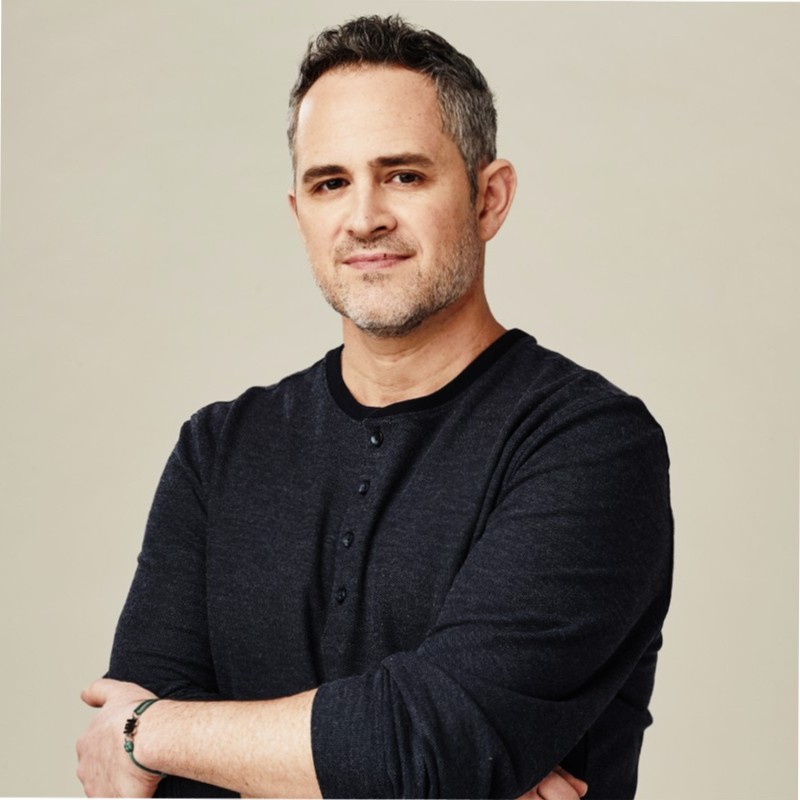With the need for alcohol addiction treatment far outstripping supply, US startup Monument believes it can help fill the gap with an online platform.

Photo courtesy of FreePik
It was his own past struggles with alcohol that motivated Michael Russell to set up Monument, a healthcare startup focused on helping people stop drinking.
“I have some challenges with alcohol issues in the prior years of my life and it was a struggle for me,” says Russell. “Over the years of trying to figure out my addiction struggles I found out there was a simple medication that can act as a deterrent for me with drinking, which I did not even know I could use.”
Russell felt there was a need for a simple, quick way to get help and information to those struggling with alcohol addiction.
He is a serial founder, having launched startups such as ZipDrug, a US-based customer-to-pharmacy connecting platform, as well as five other tech startups including premium athletic socks developer Bombas which was featured on the angel investment show Shark Tank. It was natural to turn his startup-building skill into addressing a gap in addiction care.
“The thinking was that we could deliver access, information and connect physicians or therapists with a person struggling with addiction in five to 10 minutes – which has the potential to change their lives,” he says.
Gap in the market
Addiction is a problematic area of the healthcare sector. The Covid-19 pandemic has seen an increase in people across the world struggling with substance abuse, particularly with alcohol. A large portion of them are not currently getting adequate treatment.
Addiction Center, a US-based addiction support platform has reported that around 20% of American adults (about 28 million) have an alcohol use disorder; with only about 7% of those people ever getting treatment. This statistic varies depending on countries that have a serious alcohol epidemic such as Hungary, Russia and South Korea.

Funding is always in short supply, with Rehab UK, for example, reporting that addiction treatment funding in the UK dropped from $20.8m in 2015 to $11.1m in 2020.
Russell believes Monument can use technology to help fill a gap in the market. The online platform partners with employers to offer virtual alcohol treatment ranging from physician care to community-based peer support.
The care plan includes a variety of tools including cognitive behavioural therapy. The Monument healthcare plans are personalised to members’ goals and lifestyles.
Most forms of addiction are treated through therapy, detox and medication management. Monument doesn’t prescribe drugs — this is left to other healthcare professionals.
“We don’t involve ourselves in prescribing controlled substances and if there is a higher patient risk, our doctors and therapists could refer those individuals to the correct care services,” says Russell.

But hybrid care, with rapid online access to healthcare professionals can play a key role in treating addiction says Russell. “Seeing a doctor and a therapist through an online medium and getting advice straight away was, for me at least, game-changing,” he says.
Russell is interested in what AI tools might be able to add to the platform, but at the same time, he’s cautious about over-reliance on technologies and virtual care.
“Most addiction treatments do require some offline support. If you push everything online, in certain areas, it doesn’t work and could backfire on the patient,” he says. “The innovation comes from the ability to do certain care and oversight through virtual but doing it responsibly.”
One of Monument’s unique points is that appointments with its therapists and physicians are covered by major insurance plans. “The biggest issue we see in healthcare is price transparency, access and being able to tell somebody how much it costs prior without worrying about additional bills,” says Russell.

“We focus a lot on obtaining insurance coverage for patients. We are signed with the major insurance companies where people can submit their insurance and we have built technology that allows somebody to know what they’ll need to pay before the appointment,” says Russell.
A similar hybrid care system could work for treating other types of addiction says Russell. “I think most addiction areas require hybrid care. I have only really worked in the alcohol space but I believe that in some of the other substance use spaces I think you can also deliver effective healthcare through an online medium too,” says Russell.
Startups tackling other types of addiction include US-based telehealth opioid and addiction care startup Boulder Care, which raised $35m in a series C round this year. The round saw participation from Laerdal Million Lives Fund, the corporate venture fund of healthcare products provider Laerdal.
What is getting investors hooked
Russell says that investors are growing increasingly aware of virtual care since the pandemic. “There were a whole lot of healthcare investors between 2020 and 2021. At this point, the whole community has gotten intelligent about virtual care so there is still funding but you have to be on point and have a business model that makes sense to secure funding,” he says.

He also believes that investors are willing to invest in alcohol addiction treatment startups because of the rising epidemic caused by alcoholism. “Alcohol is a major problem. It has been for a long time so our technology has the chance to reach millions of people who struggle with this issue making it an attractive investment opportunity,” says Russell.
“Investors make game-changing contributions,” says Russell. “I think if it is a healthcare startup, investors are more emotionally drawn to it. They dedicate more time to the company and we have seen a deeper level of support from these investors too.”
Since its launch, Russell says that Monument has raised around $20m-$30m in total funding. In 2021, the company raised $10.3m in a series A round led by VMG Catalyst.
Other investors include venture capital firms Rosecliff Venture Partners, Calm Ventures and Interplay (New York).
The funding is being used to develop Monument’s products and scale up the company. “The money will be used to push out our billing product which allows somebody to enter their insurance instantly,” he says. “We will also be expanding across multiple care verticals both in mental and medical health.”
Challenges

Healthcare startups can be challenging to manage, at least because of complex and changeable regulations. “The virtual market evolves very quickly. There is an element of changing regulatory compliance rules we must juggle while working out the safest way to deliver virtual care in the addiction space,” says Russell.
Privacy policies can be another stumbling block, as Monument found out the hard way earlier this year when the company was fined $2.5m by the US Federal Trade Commission for sharing patient health information with third parties.
Despite this setback, Russell is determined to keep going, not least because there are still so few alternatives for people with alcohol addiction. “The statistics published on addiction issues are pretty horrifying. So I truly believe virtual care can be a powerful tool and experience for those struggling to get access to the support they need,” says Russell.








